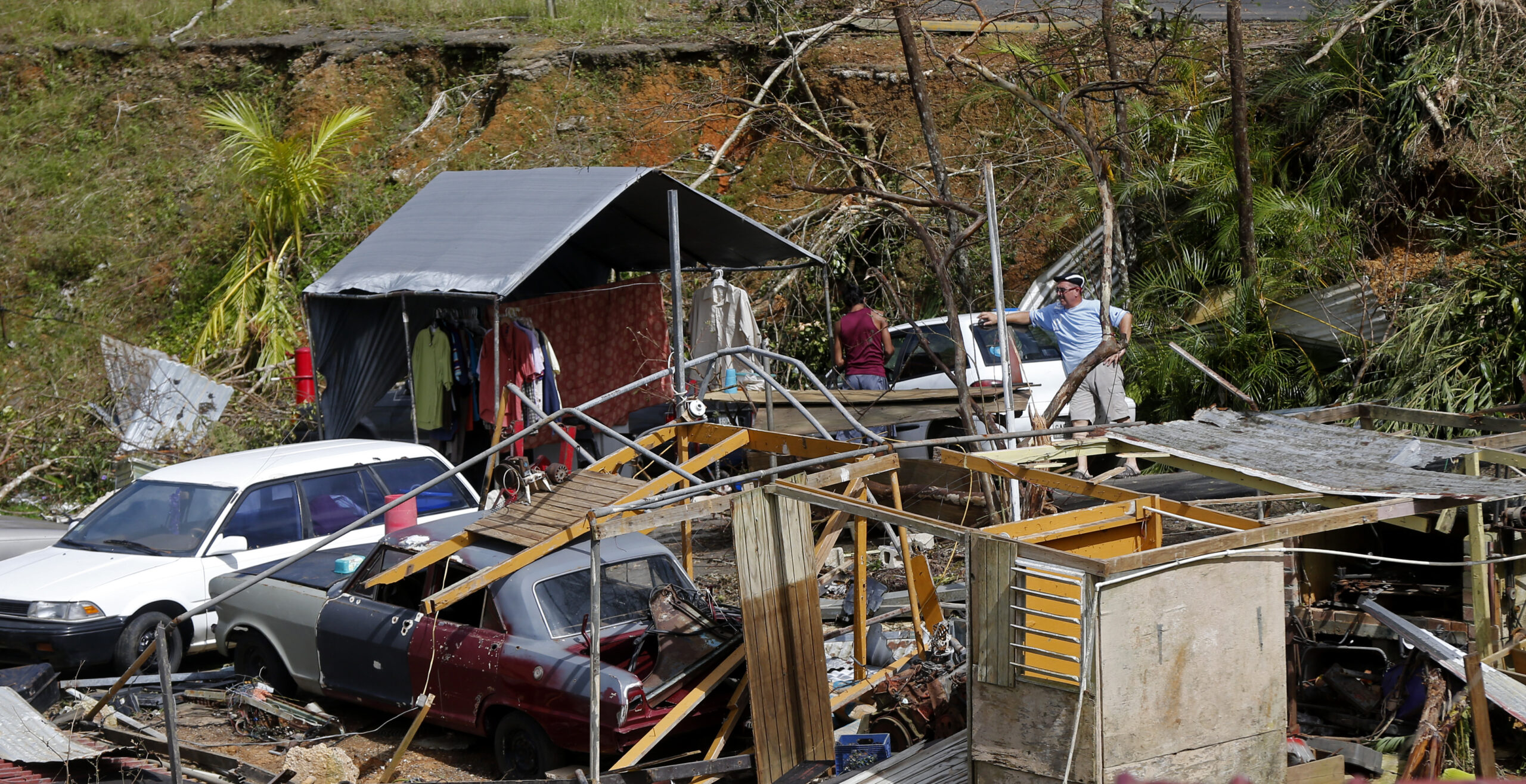The small Montana energy company that had been awarded a controversial $300 million contract to rebuild Puerto Rico’s destroyed electrical infrastructure is charging exorbitant rates for its services.
Whitefish Energy had a contract with Puerto Rico’s public power company, Prepa, which allowed them to bill the public $319 an hour for its linemen, according to The New York Times. That’s nearly 17 times the average salary earned by linemen in Puerto Rico, and in spite of the fact that the company had to turn to Florida for its workers.
The New York Times reported:
For their trouble, the six electrical workers from Kissimmee are earning $42 an hour, plus overtime. The senior power linemen from Lakeland are earning $63 an hour working in Puerto Rico, the Florida utility said. Their 40 co-workers from Jacksonville, also linemen, are making up to $100 earning double time, public records show.
“We have to pay a premium to entice the labor to come to Puerto Rico to work,” Whitefish spokesman Chris Chiames told the Times. He insisted that “simply looking at the rate differential does not take into account Whitefish’s overhead costs.”
He added, “The rates in the contract were fairly negotiated between Prepa and the company and were based on the mutual knowledge about the difficulty of the work and associated risks.”
The controversies about Whitefish’s costs haven’t been limited to the rates paid to linemen. The Army Corps of Engineers refused to hire Whitefish to restore power because their prices were more than double what they deemed to be reasonable. Whitefish also charged Prepa three times as much as the going rate on aviation fuel and twice as much as the going rate for helicopters that can assist with transmission line construction.
No amount of corporate spin has made the Whitefish scandal go away. The governor of Puerto Rico called for the contract to be cancelled last month, and at least four congressional committees are investigating it, along with the Office of Inspector General for the Department of Homeland Security and the FBI. It aroused suspicion when it was announced because Whitefish Energy had only been in existence for two years, only had two full-time employees when Hurricane Maria hit Puerto Rico, had no experience on projects of the magnitude facing Puerto Rico and was located in the same hometown as Secretary of the Interior Ryan Zinke.


